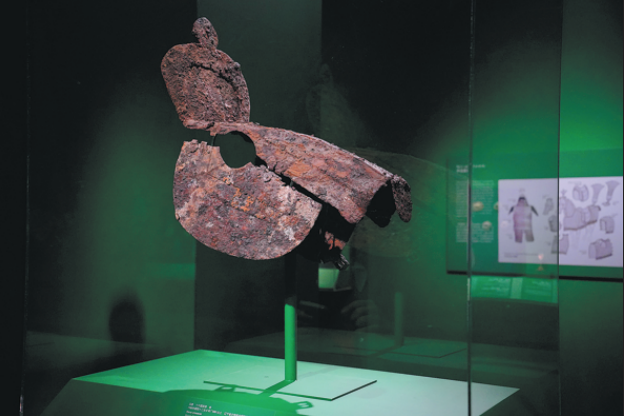China, Africa working to boost education on continent

China and African countries are cooperating more on education to ensure quality education is accessible to young people in Africa.
Along with other Global South countries, African nations are still struggling with education challenges, including inaccessible schooling, difficulties in procuring technological education resources and shortages of quality teachers, Stefania Giannini, assistant director-general for education at UNESCO, said at a sideline event of the ongoing 2024 FOCAC Summit in Beijing on Thursday.
The event, organized by Beijing Normal University and supported by the Chinese National Commission for UNESCO, focused on the need for equitable and quality education in Africa and its overall significance in the development of the Global South.
Giannini stressed the importance of ensuring quality education for marginalized people, including those discriminated against due to their gender, ethnicity, language, religion, nationality, financial situation or from remote rural areas, as well as those hindered by military conflicts.
She said that in Africa, 18 of every 100 school-age children are not in school — a rate that is twice the global average. She added that while digital technologies can expand people's access to educational resources, two-thirds of primary schools in Africa face power shortages, not to mention a lack of quality teachers.
Francois Havyarimana, Burundi's minister of national education and scientific research, said at the forum that equitable and quality education is key to the development of African countries, but remains difficult to achieve.
He said that Burundi has made continuous efforts to ensure its children can receive basic education, and the country's work is paying off. He added that Burundi is now focusing on elevating the quality of education by improving digital technology services.
In the face of such challenges, educational experts have offered some suggestions, including cultivating more educators.
"Figures from UNESCO show that the world still needs 44 million teachers to popularize basic education by 2030, and African countries face a tougher situation," said Chen Jie, vice-minister of education, at the forum.
Chen said that it's important to enhance communication among China, Africa and UNESCO to resolve teacher shortages so the three parties can share their experiences in cultivating teachers and help African countries explore new and effective ways of training them.
"Digital technology helps foster teachers' development, so the authorities can improve the discussion and build up a shared educational resources platform to help the teachers better fit in with the digital era," he said.
Lin Yigang, vice-president of Zhejiang Normal University, said: "High technology has greatly influenced education, educational resources and the quality of teachers. Thus, we need to enhance cooperation in the sectors of digital education, science, technology, engineering and mathematics, and in the training of teachers in China and Africa, to produce a batch of higher-quality teachers with stronger knowledge in digital and smart education."
Lin said that China-Africa cooperation in education has been fruitful thanks to support from some global organizations such as UNESCO and the World Bank, and he hopes that colleges and universities in China and Africa can continue to share their educational resources, research facilities and knowledge, and garner more support from authorities and organizations to consolidate those results.
chengsi@chinadaily.com.cn
?

































